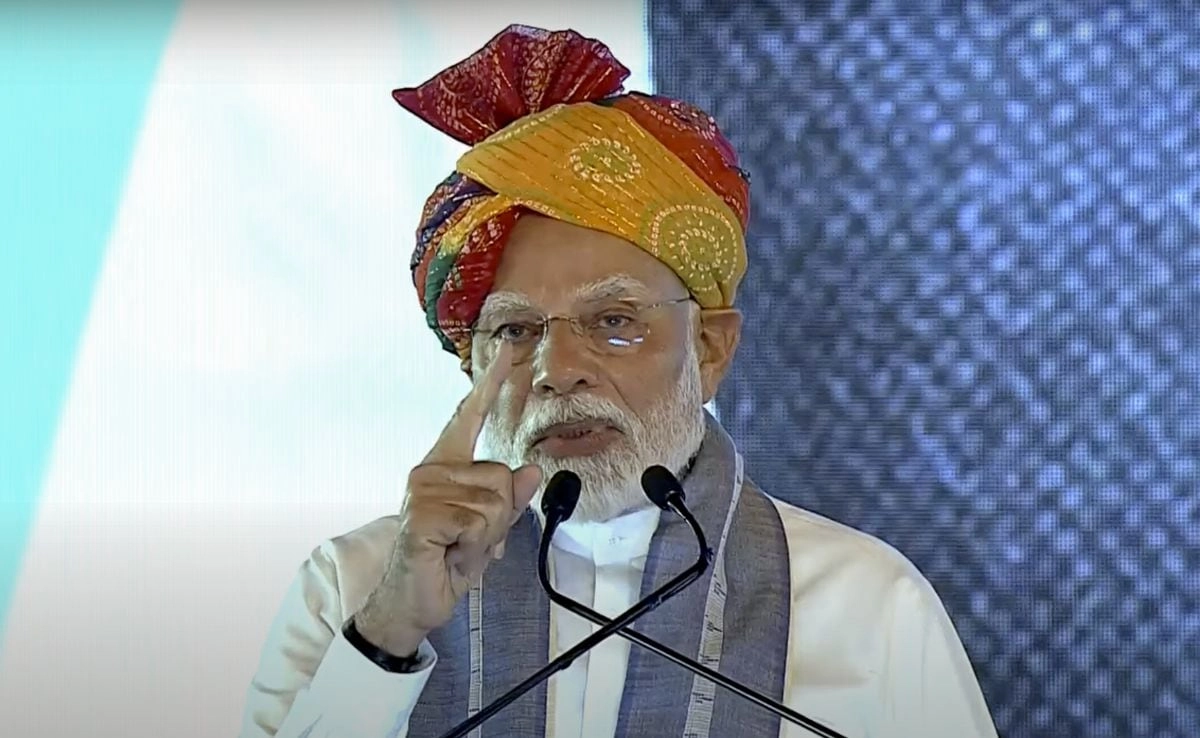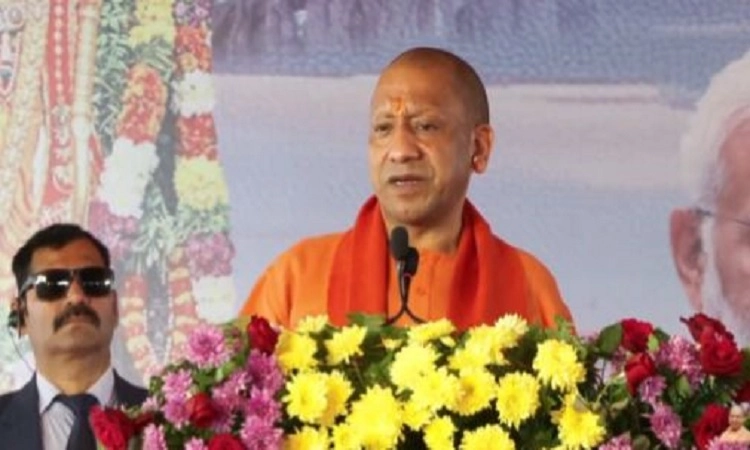During a recent address, Prime Minister Narendra Modi posed a provocative question directed at Congress, challenging them to appoint a Muslim chief minister in any of the states where they hold power. This statement, made during his critique of the opposition party’s stance on the Waqf Board, highlights the ongoing political discourse surrounding representation and identity in Indian politics. Modi’s remarks come at a time when communal tensions are often at the forefront of national discussions, and his dare serves as a strategic maneuver to shift the narrative toward the Congress party’s policies and decisions regarding minority representation.
The Prime Minister’s inquiry raises significant issues about the Congress party’s approach to inclusivity and representation of Muslim leaders within their ranks. By framing the question in a public forum, Modi aims to put Congress on the defensive, compelling them to justify their leadership choices and questioning their commitment to minority communities. This tactic not only emphasizes the political divide between the ruling party and the opposition but also seeks to engage the electorate’s sentiments about representation in governance.
Moreover, Modi’s challenge can be seen as part of a broader strategy to consolidate support among Hindu voters by positioning himself as a champion of meritocracy and inclusivity, while simultaneously portraying Congress as out of touch with contemporary societal realities. The discourse surrounding the Waqf Board, an institution meant to manage and promote the welfare of the Muslim community, further complicates the narrative, as it touches on sensitive issues of secularism, religious identity, and political patronage in India.
In essence, Modi’s dare reflects the intricate dynamics at play in Indian politics, where religion and identity often intersect with governance and electoral strategy. As the political landscape evolves, the question of representation for minority communities, particularly Muslims, remains a contentious topic that will likely continue to influence debates and electoral outcomes in the future. The challenge posed by Modi serves as a reminder of the ongoing need for political parties to navigate these complex issues with sensitivity and awareness, lest they fall prey to divisive rhetoric that undermines the fabric of India’s secular democracy.




